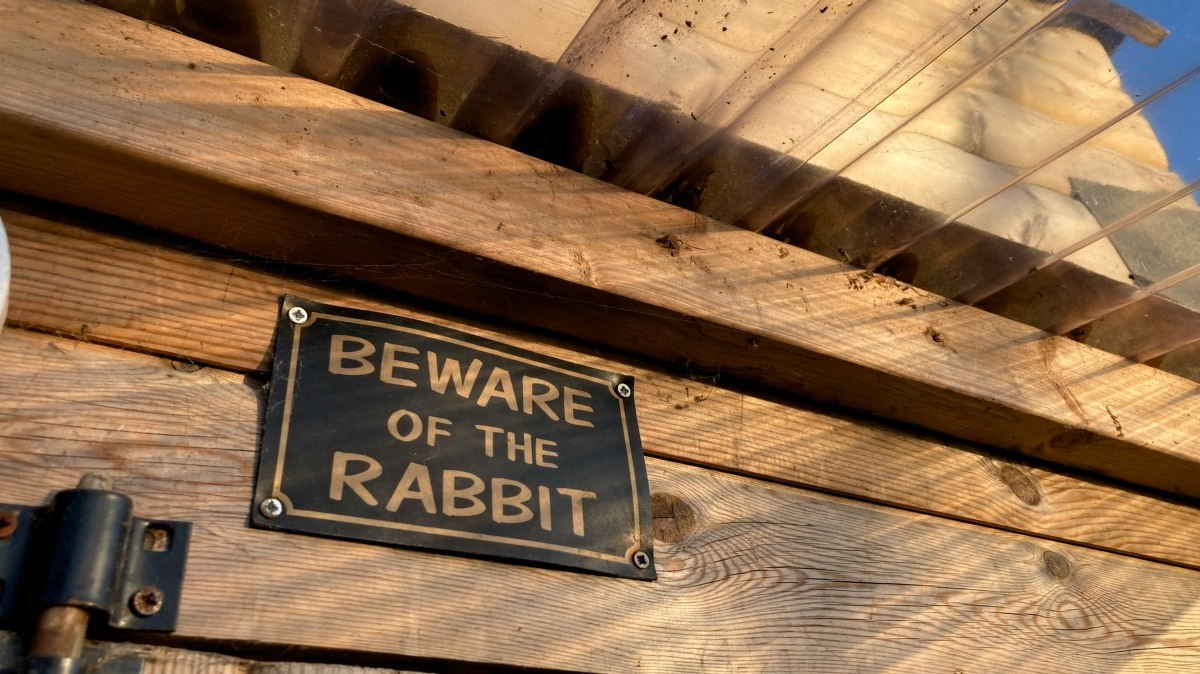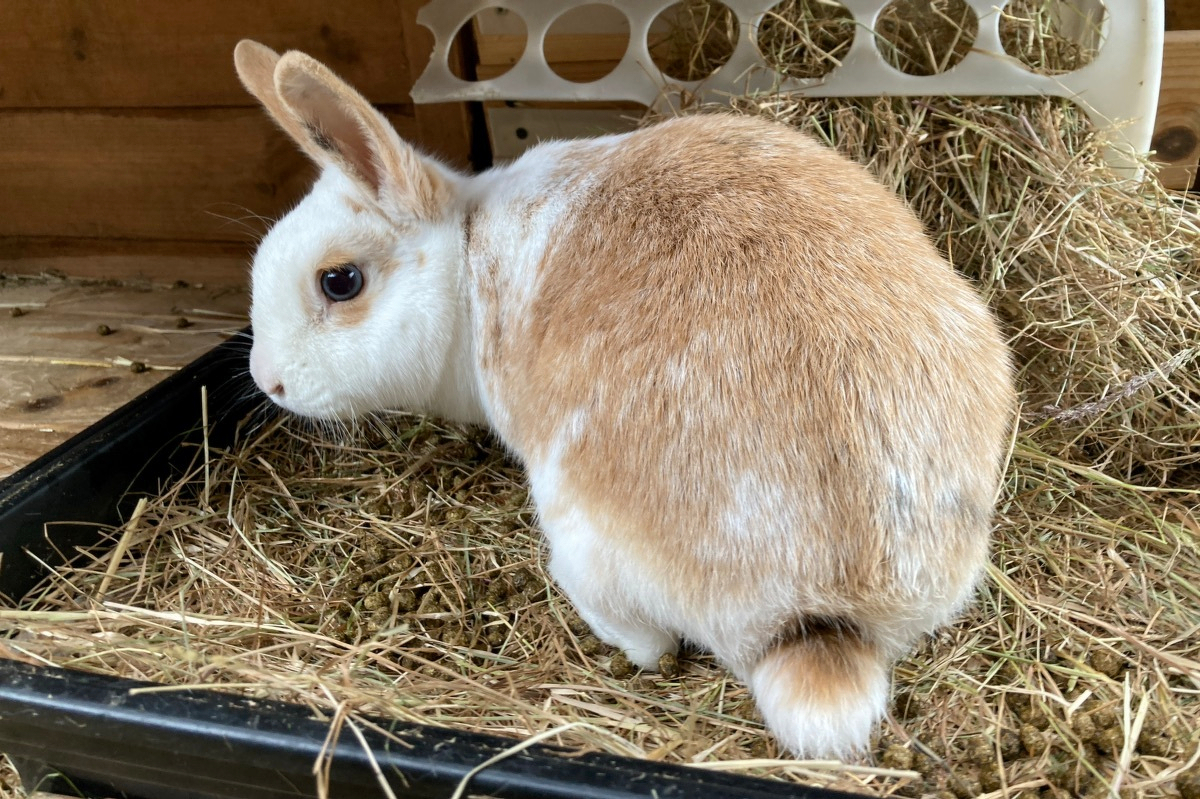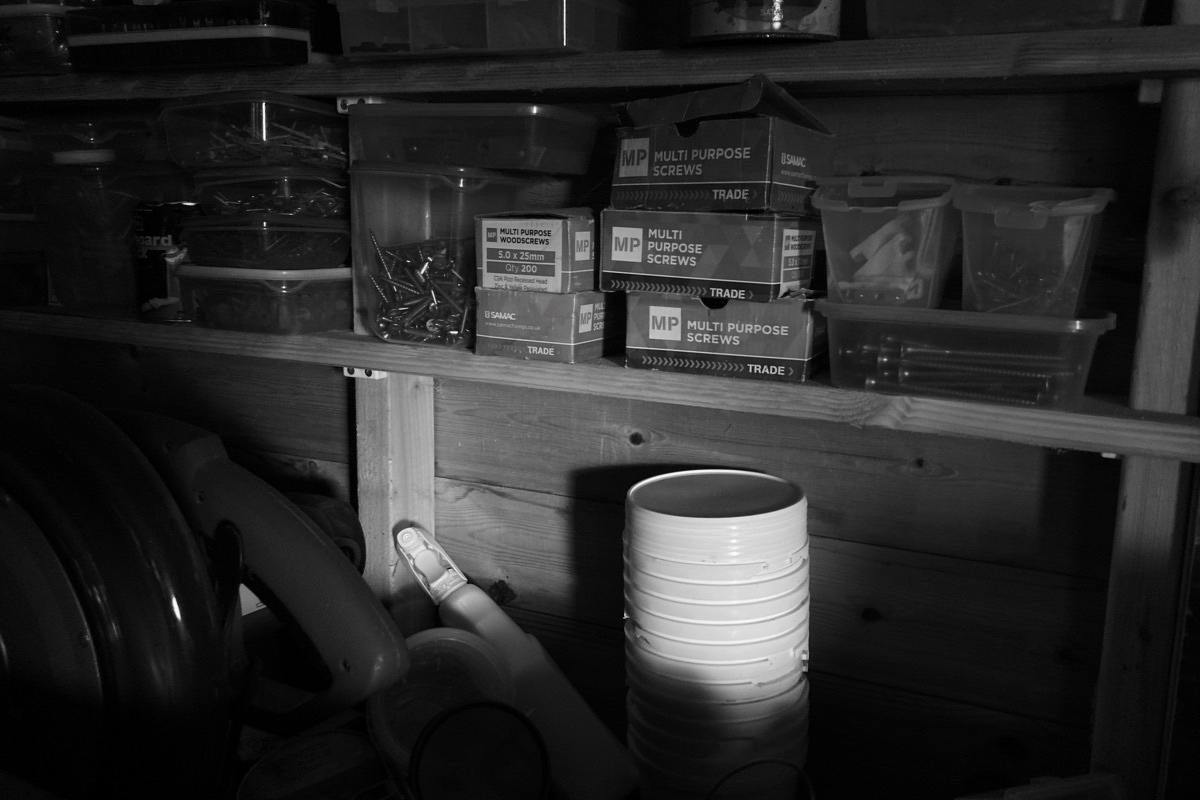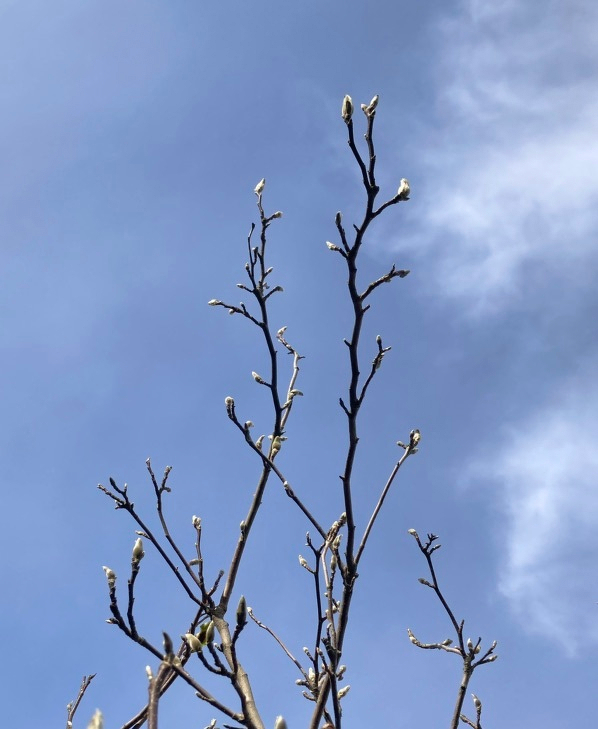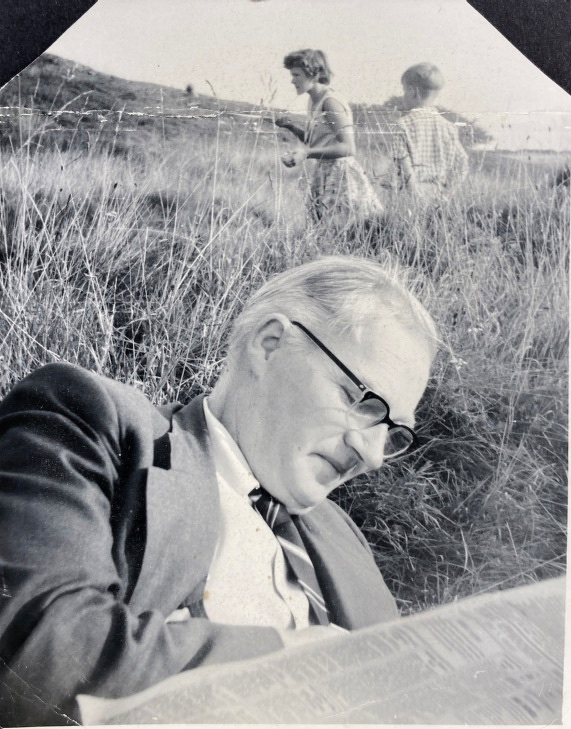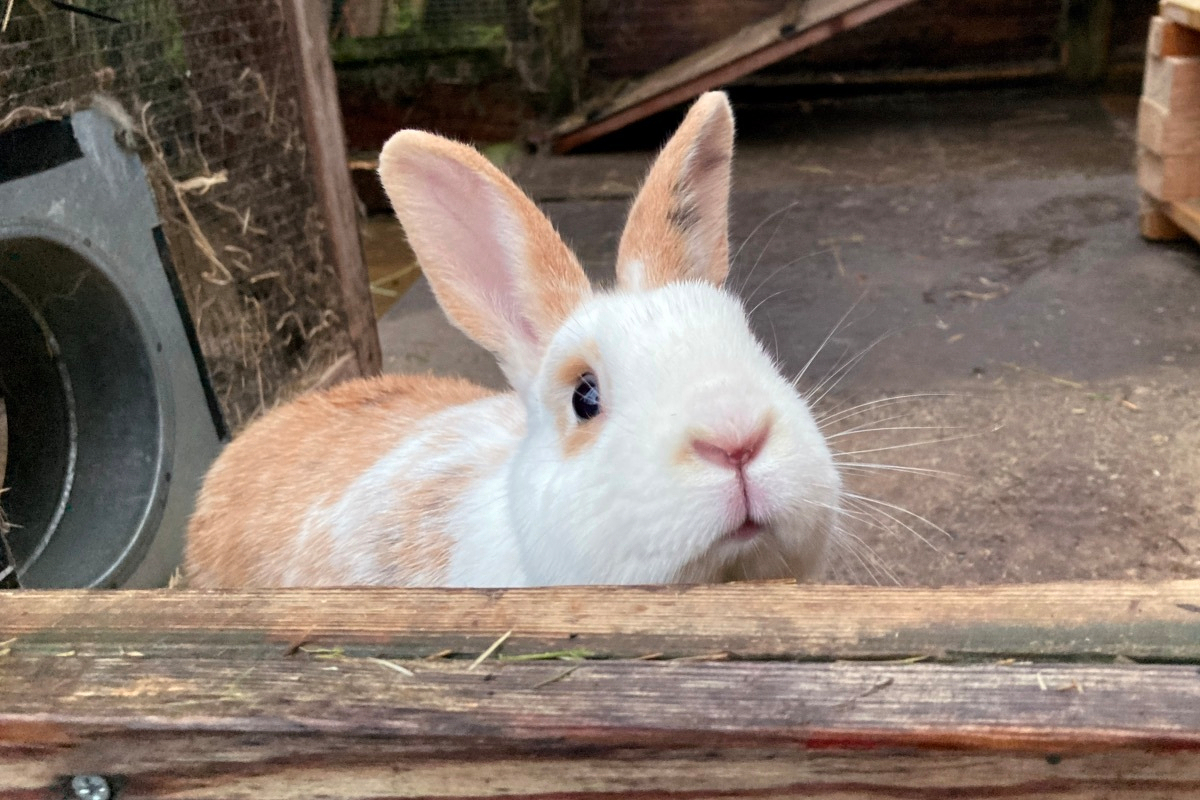⦾ Notes from Tuesday 3 March

Status:
Went for a walk in the park. An actual walk, not on the scooter. Effectively a tour of the benches in the park, of which there are thankfully a decent number. Made it to the allotment and had a sit.
Need to record that today was pretty heavy on the ennui and sadness re: the chronic fatigue. This will pass, and it was less heavy than it’s been. But even so.
Feel like something needs to change in how I’m doing days. This may also pass but I’m marking it in case it doesn’t.
Overnight listening:
- 1177 B.C. - The year civilization collapsed: by Eric H. Cline - have reached the bit about the Hittite king Suppiluliuma and while all the names from this period are a bit odd to modern ears, listening to a historian eruditely say “Suppiluliuma” over and over is quite something.
Music:
- Bill Callahan: My Days of 58 - new album klaxon! It’s very good, as expected, and feels like a bit of departure from recent albums, more introspective and self-referential, if that’s possible.
Reading:
- The death of Spotify: Why streaming is minutes away from being obsolete - I feel like ever since Spotify launched I’ve been reading articles about what it all means (though that might be because my friend Craig spent a while studying it) but this one is kinda interesting, despite opening with a cringe anecdote. Like most things it’s about who has the power and control.
- Ten years of Cold War Steve
- Matt Haughey: Random bits and bobs
- An expat in Dubai has a startling revelation - Stephen Collins knocks it out of the park.
- ‘Cultural monstrosities!’ The thrilling visual legacy of punk and post-punk
Watching:
- Tick Stick: The carpentry tool that does the impossible (13:06)
- Practical Engineering: Earthquake-Proof Foundations (18:03)
- What if you floated upwards 1 ft every second? (2:52)
- HyperCard changed everything (11:02)


